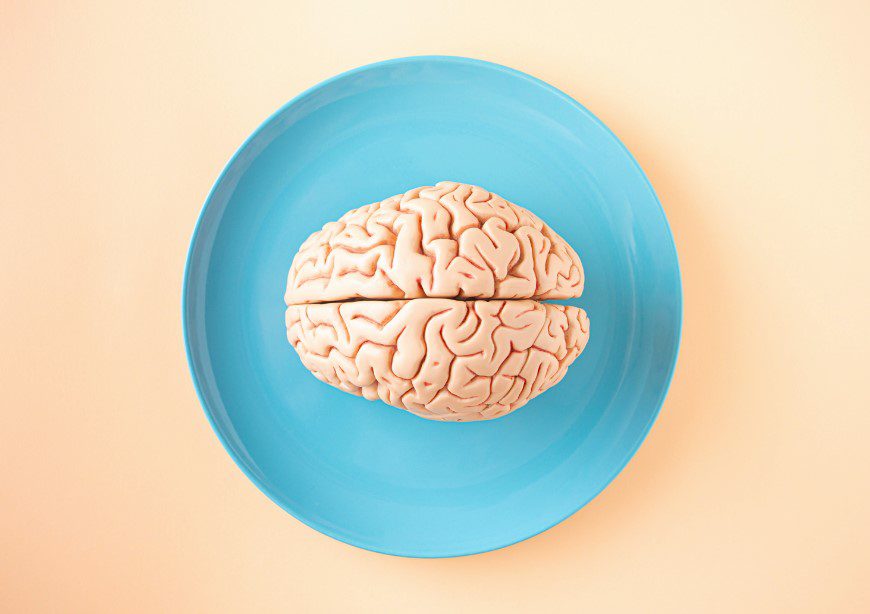We live in a world where every minute counts, and this makes sleep a luxury that we cannot always afford. Yes, we are constantly grappling with a lack of night-time sleep due to hectic work schedules, family responsibilities, and other commitments. This has pushed us to consider sleep during the day as a quick fix for this sleep debt.
However, have you ever wondered if daytime napping is a remedy or merely a temporary escape from the daily grind?
This article, discusses the virtues of sleep, and sheds light on why daytime napping might not be as beneficial as it appears. We explore the science behind the habit, the few benefits, and potential pitfalls of catching daytime Zs.
Understanding Circadian Rhythms: The Biological Clock

> First is Melatonin Hormone …
Our bodies are naturally programmed to follow a circadian rhythm, a 24-hour cycle that regulates various physiological processes, including sleep-wake patterns.
This internal clock is synchronized with external cues like daylight and darkness. This translates to daylight during the day being a period for us to stay awake, and darkness at night being a period for us to sleep.
The circadian rhythm is like an intricate orchestra, with the conductor being the suprachiasmatic nucleus (SCN) located in our brain’s hypothalamus. This tiny but mighty cluster of cells orchestrates our body’s responses to light and darkness, dictating when we feel alert and when we naturally wind down for rest.
One of the key players in this symphony is the hormone melatonin. When the SCN detects darkness, it signals the pineal gland to release melatonin, making us feel drowsy. This prepares our bodies for sleep. As morning approaches and light levels increase, melatonin production decreases, allowing us to wake up feeling refreshed.
> Then there is Cortisol …
The hormone that is released in the morning as melatonin levels decrease is cortisol. Cortisol is often referred to as the “stress hormone” and plays a crucial role in helping us wake up and feel alert in the morning.
Its levels naturally rise in response to the increasing light and external cues, helping to prepare the body for the day ahead by promoting wakefulness and alertness. This rise in cortisol is part of the body’s natural circadian rhythm, helping us transition from the sleep state to the wakeful state.
How sleep during the day disrupts the sleep-wake cycle:

Disrupting the natural sleep-wake cycle, also known as circadian rhythm disruption, can have significant repercussions on our physical and mental health. Our biological clock is finely tuned to align with the natural light-dark cycle of the day, and any disturbances can lead to various adverse effects.
Here’s why it’s crucial to maintain this delicate balance:
1. Nighttime Insomnia
When we disrupt our natural sleep-wake cycle by having to sleep during the day, it can become increasingly challenging to fall asleep at night. This phenomenon often leads to nighttime insomnia, a condition that affects a substantial portion of the population.
Insomnia can result in difficulty falling asleep, frequent awakenings during the night, or waking up too early in the morning. The cumulative effect of daytime napping and nighttime insomnia can severely impact the overall quantity and quality of our sleep.
2. Reduced Sleep Quality
Daytime napping tends to shorten the duration of nighttime sleep. This means that even if you manage to fall asleep at night, your slumber may be fragmented and less restorative.
Sleep fragmentation can lead to less time spent in the deeper stages of sleep, such as rapid eye movement (REM) and slow-wave sleep, which are essential for physical and mental restoration. As a result, you wake up feeling groggy and fatigued, rather than refreshed and energized.
3. Impaired Cognitive Function
The disruption of the natural sleep-wake cycle doesn’t stop at affecting your nighttime sleep. It can also take a toll on your cognitive functions during the day.
Prolonged daytime napping can lead to impaired memory, reduced attention span, and diminished decision-making abilities. These cognitive deficits can hinder your overall productivity and efficiency, affecting both your personal and professional life.
4. Mood Disturbances
Disrupted sleep patterns can influence your emotional well-being. Individuals who frequently nap during the day may experience mood swings, increased irritability, and heightened stress levels. These mood disturbances can strain relationships with loved ones and contribute to a sense of overall dissatisfaction with life.
5. Metabolic Consequences
Disruptions in the sleep-wake cycle can also have metabolic consequences. Irregular sleep patterns have been associated with an increased risk of obesity, diabetes, and cardiovascular diseases.
This is because our circadian rhythms play a vital role in regulating hormones that control appetite and metabolism. When these rhythms are disrupted, it can lead to unhealthy eating patterns and weight gain.
Daytime napping can disrupt this delicate balance. When we indulge in a nap during the day, especially for an extended period, we risk throwing our circadian rhythms out of sync. This misalignment can lead to various adverse effects, such as:
The Exceptions: When Daytime Napping Can Be Beneficial

While daytime napping is generally discouraged for adults, there are specific situations in which a strategic nap can be beneficial.
Let’s explore these exceptions:
1. Short Power Naps
Short power naps, typically lasting around 10 to 20 minutes, can provide a quick energy boost without interfering with nighttime sleep. These brief naps are ideal for combating midday fatigue and enhancing alertness. They help rejuvenate the mind without delving into the deeper stages of sleep. This makes it easier to wake up feeling refreshed and ready to tackle tasks.
2. Shift Workers
For individuals who work irregular shifts, such as night shifts or rotating schedules, daytime napping can be a valuable tool to combat sleep deprivation caused by unconventional work hours. These workers often struggle to maintain a consistent sleep schedule, and incorporating short naps during their breaks can help mitigate fatigue and improve overall job performance.
3. Recovery After Sleepless Nights
There are times when unexpected events, like caring for a sick loved one or meeting pressing deadlines, lead to sleepless nights. In such cases, a daytime nap can serve as a temporary measure to bridge the sleep debt. A short nap can help recharge your energy levels and improve alertness, allowing you to function more effectively until you can restore your regular sleep pattern.
4. Enhancing Creativity and Problem-Solving
Research suggests that a well-timed nap can enhance creativity and problem-solving abilities. When faced with a challenging task or a mental block, a short nap can refresh the mind and lead to innovative solutions. This phenomenon is often referred to as the “napping effect” and has been observed in individuals ranging from artists to scientists.
5. Aiding Memory Consolidation
Daytime naps can aid in memory consolidation, helping you retain information more effectively. During a nap, your brain processes and organizes newly acquired knowledge, making it easier to recall later. This can be particularly advantageous for students or professionals seeking to enhance their learning capabilities.
6. Daytime Sleep for Kids
Daytime napping plays a crucial role in the healthy development and well-being of children. Naps offer a range of benefits that support physical, cognitive, and emotional growth.
It’s important to note that the ideal nap duration and timing can vary depending on a child’s age and individual needs. For instance, toddlers may benefit from longer naps, while older children might thrive with shorter power naps. Parents should observe their children’s sleep patterns and adjust nap schedules accordingly.
Conclusion: A Balanced Approach to Sleep
In conclusion, while daytime napping might seem like a tempting escape from the demands of daily life, it’s essential to consider the potential drawbacks. Disrupting your natural sleep-wake cycle can have far-reaching consequences.
Instead of relying on daytime naps, it’s advisable to prioritize a balanced sleep schedule. Ensure you get the recommended 7-9 hours of uninterrupted nighttime sleep to maintain your circadian rhythms and optimize your overall well-being.
Remember, sleep is a precious resource, and it’s in our best interest to use it wisely. So, the next time you contemplate a daytime nap, think twice about the potential consequences it may have on your sleep health.





Leave a Reply